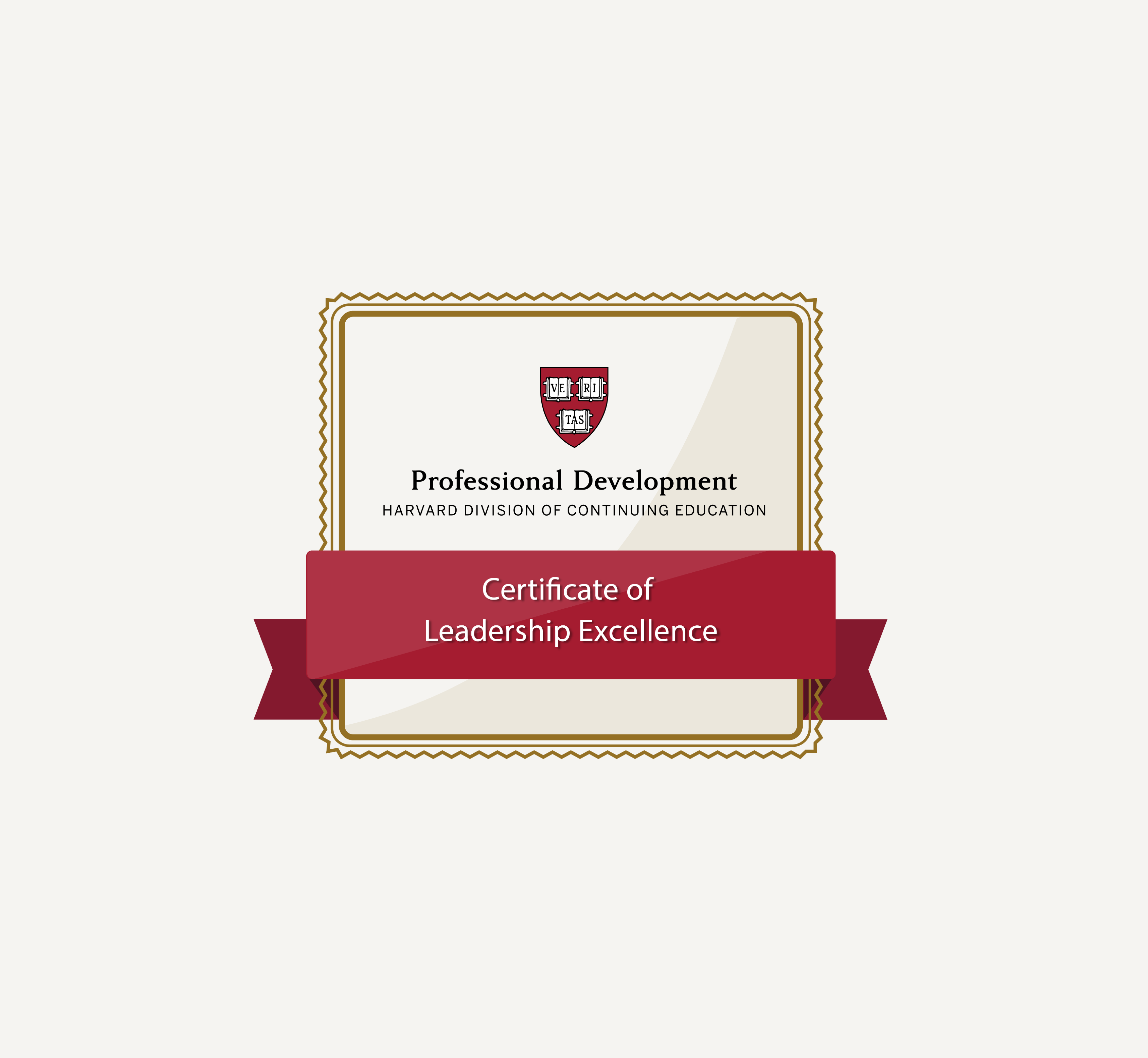Corporate Strategy Program Overview
Crafting a winning corporate strategy is one of the most powerful levers for driving growth in multi-business organizations. Achieving alignment between effective allocation of resources across business units — and determining where and how to allocate resources for maximum impact — demands both forward-thinking leadership and a deep understanding of complex organizational dynamics.
Through this corporate strategy program, you will learn to analyze, design, and refine corporate strategies that foster resilience and agility across business portfolios with advanced yet practical tools and frameworks. Whether you are aiming to unify diverse business units or sharpen your approach to corporate resource allocation, this program will provide you with a strategic roadmap for driving cohesive and sustained organizational growth.
Benefits
Ideal for experienced professionals and senior leaders, this program provides the strategic frameworks and tools needed to navigate complex business challenges, evaluate growth opportunities, and apply corporate strategy principles to real-world decisions that drive organizational success.
Through the use of case studies, interactive exercises, and group discussions, you will:
- Gain insights to make informed, high-impact decisions that align and derive the highest collected value from diverse business units, driving cohesive and sustainable organizational growth.
- Learn to pinpoint where investments are most effective to allocate resources across business units in ways that accelerate revenue growth and secure a competitive advantage.
- Develop the ability to structure, manage, and align varied business units within a unified corporate vision, reinforcing your capacity to lead effectively within complex organizational landscapes.
- Design and recommend strategic initiatives that foster long-term value creation, leveraging case studies and advanced tools to address complex challenges in multi-business organizations.
- Learn to identify expansion opportunities to pursue new markets and opportunities thoughtfully, expanding your organization’s market reach while maximizing efficiencies.
- Analyze and evaluate corporate strategies across diverse business units, identifying opportunities to optimize resources, enhance agility, and align units under a unified vision.
Participants will also earn a Certificate of Completion from Harvard Division of Continuing Education, further validating their expertise.
Who Should Take Corporate Strategy
This program is designed for senior-level executives, leaders, and advisors who are directly involved in shaping corporate strategy in multi-business organizations, as well as those looking to transition into corporate strategy-related functions.
Participants in roles that require high-level strategic decision-making and resource allocation across business units, or who provide strategic guidance to organizations on corporate growth and transformation initiatives, would also benefit from this program.
Topics Covered
- Applying Core Principles of Corporate Strategy: Setting the stage for strategic decision making across complex organizations.
- Strategic Resource Allocation for Growth: Methods for deploying resources effectively across business units, a crucial driver of revenue growth and competitive advantage.
- Business Growth and Expansion Models: Strategies for vertical integration and diversified expansion to capture new market opportunities and optimize operational synergy.
- Leading and Structuring Multi-Business Organizations: Best practices for organizing, managing, and aligning diverse business units under a unified corporate vision.
- Creating and Sustaining Corporate Advantage: Unique advantages at the corporate level that elevate the organization’s position in the marketplace.
- Strategic Corporate Portfolio Management: Evaluating, balancing, and growing a portfolio of businesses to support strategic goals and drive long-term value.
- Transforming Corporate Strategy for the Future: Approaches for evolving and transforming corporate strategy to meet the demands of an ever-changing business landscape.
This corporate strategy program focuses on topics related to corporate-level strategic issues for a multi-business organization. If you are interested in exploring business-level strategy topics and delving deeply into strategy analytics, consider taking Advanced Business Strategy.
May Schedule
Day 1
- Foundations of Corporate Strategy
- Resource Analysis
- Diversified expansion and vertical integration
- Managing a multi-business organization
Day 2
- Corporate advantage
- Corporate portfolio management
- Mergers and acquisitions
- Corporate transformation
Instructor
-
![Eric Chung]()
Eric Chung
Eric Chung holds a bachelor’s degree in physics from Harvard College and an MBA from the University of Chicago Booth School of Business. He is a partner at West Monroe, a global business and technology consulting firm. Chung advises clients on strategy, digital transformation, change management and regulation. He has also taught Corporate Strategy at Harvard Extension school for more than a decade. He brings practical insights into the classroom through his 30 years of consulting and industry experience.
Earn a Certificate of Leadership Excellence
The Certificates of Leadership Excellence (CLE) are designed for leaders with the desire to enhance their business acumen, challenge current thinking, and expand their leadership skills.
This program counts toward the CLE in Executive Development.
Register today and get started earning your certificate.

FAQs
What is the difference between corporate strategy and business strategy?
Corporate strategy focuses on the big-picture decisions affecting an entire multi-business organization, such as allocating resources, structuring business units, and pursuing growth across markets.
Business strategy, on the other hand, is concerned with how individual business units compete within their specific markets to achieve competitive advantage. In short, corporate strategy sets the direction for the whole organization, while business strategy drives performance within each unit.
How do you become a corporate strategist?
You can become a corporate strategist by gaining experience in consulting, finance, or strategic planning and developing skills in cross-business analysis and decision-making. Advanced training in corporate strategy can also accelerate your path by providing the tools to lead growth across complex organizations.
Is this program suitable for early-career professionals?
This program is ideally suited for senior leaders and decision-makers who can bring their real-world experience into the classroom, not early-career professionals.
Such executives will gain practical tools and insights to think strategically about business scenarios and contribute to high-level decision-making immediately.
Can this program help me advise C-suite leaders on strategic initiatives?
Yes — this program can equip you with the frameworks and tools to analyze and design corporate strategies that align business units and drive long-term growth. You’ll practice the strategic insights that can help advise C-suite leaders on high-impact decisions, resource allocation, and corporate transformation initiatives.
Does this program cover divestitures, mergers, or portfolio restructuring?
Yes. Mergers, acquisitions, and divestitures are valuable levers when it comes to realizing the objectives of a corporate strategy. Accordingly, this program embeds the notion of corporate development transactions as part of achieving a corporate advantage and contains a module on corporate portfolio management, which includes conceptual frameworks for how to evaluate, balance, and evolve a portfolio of businesses.

